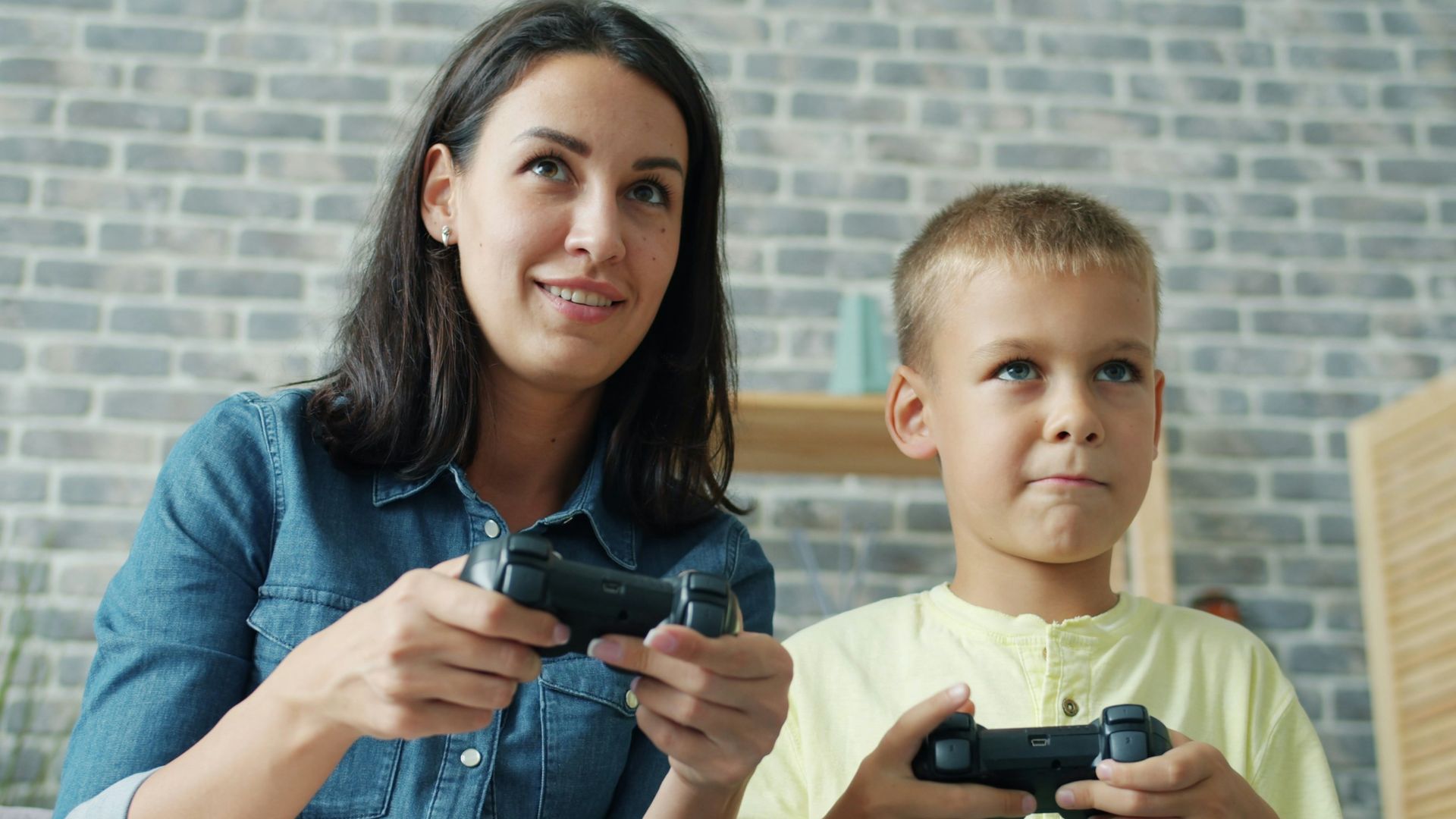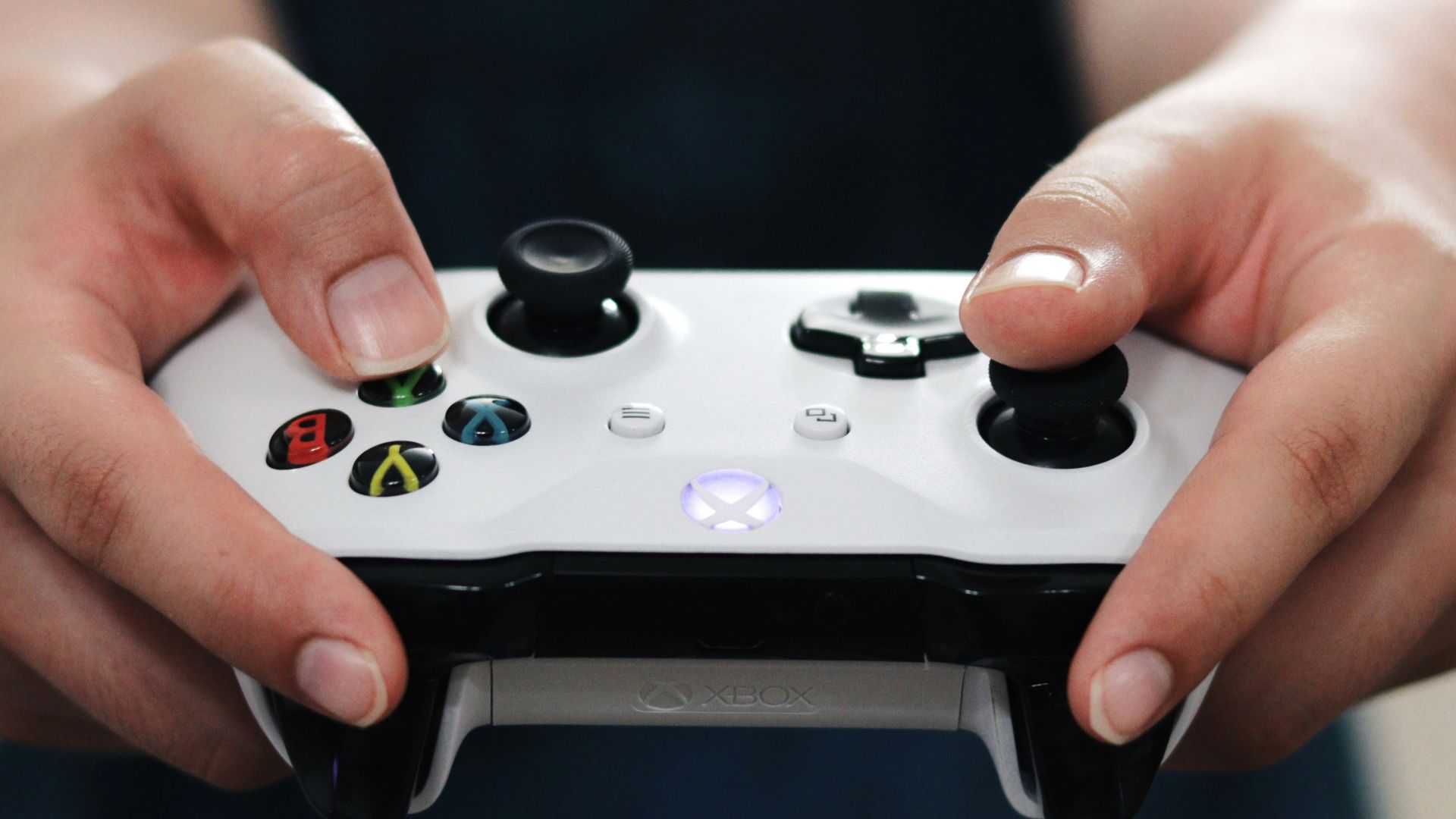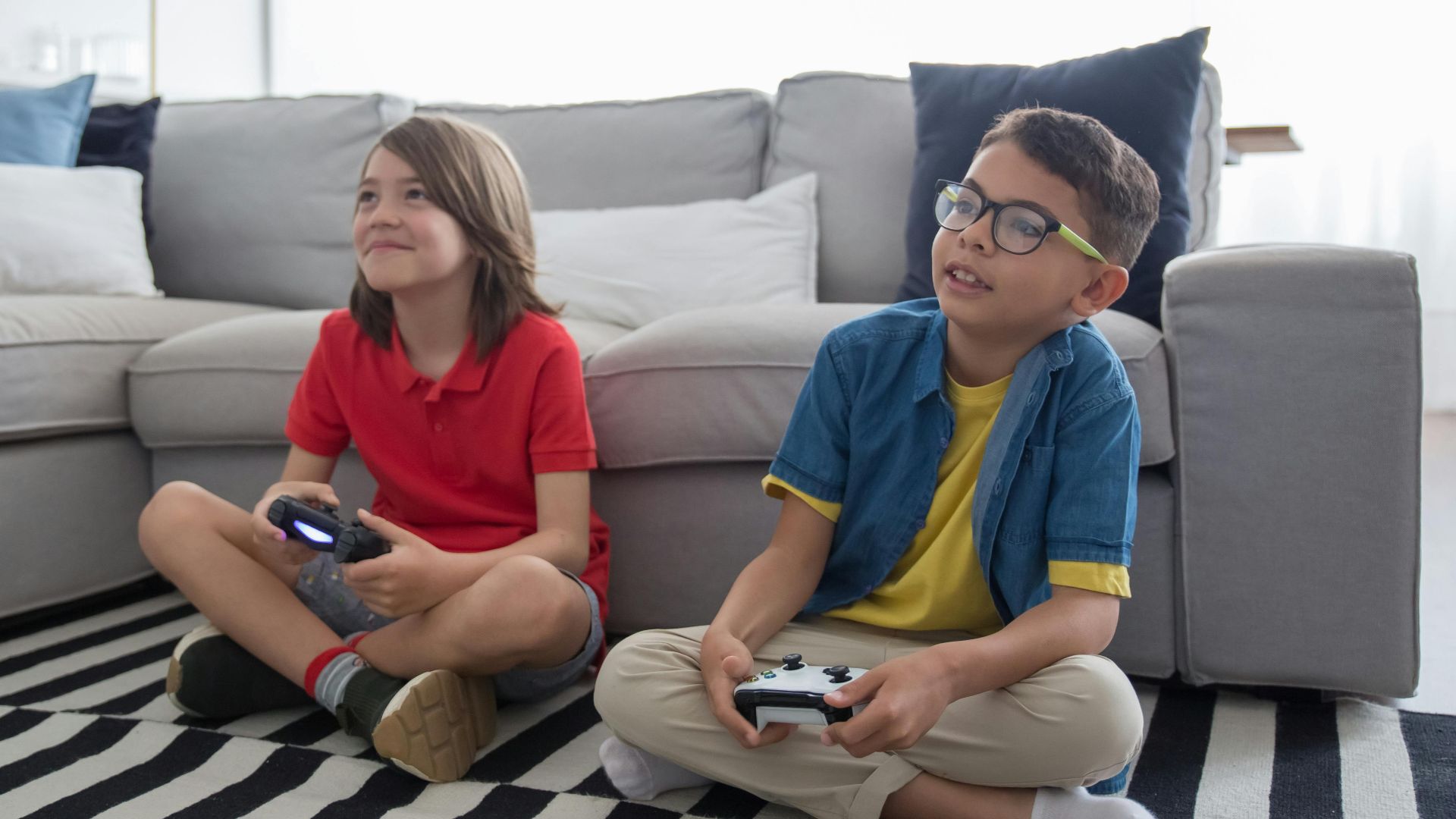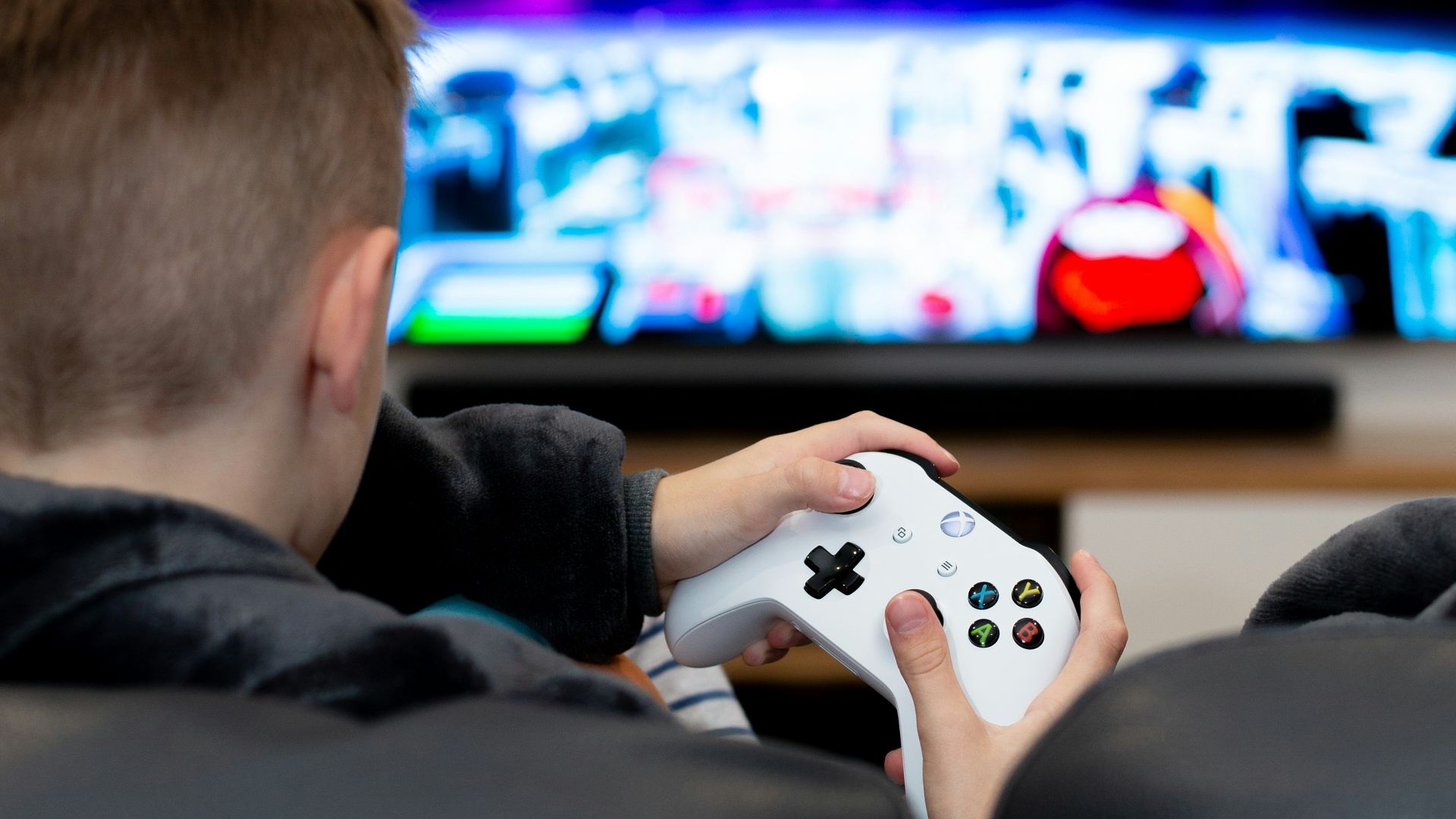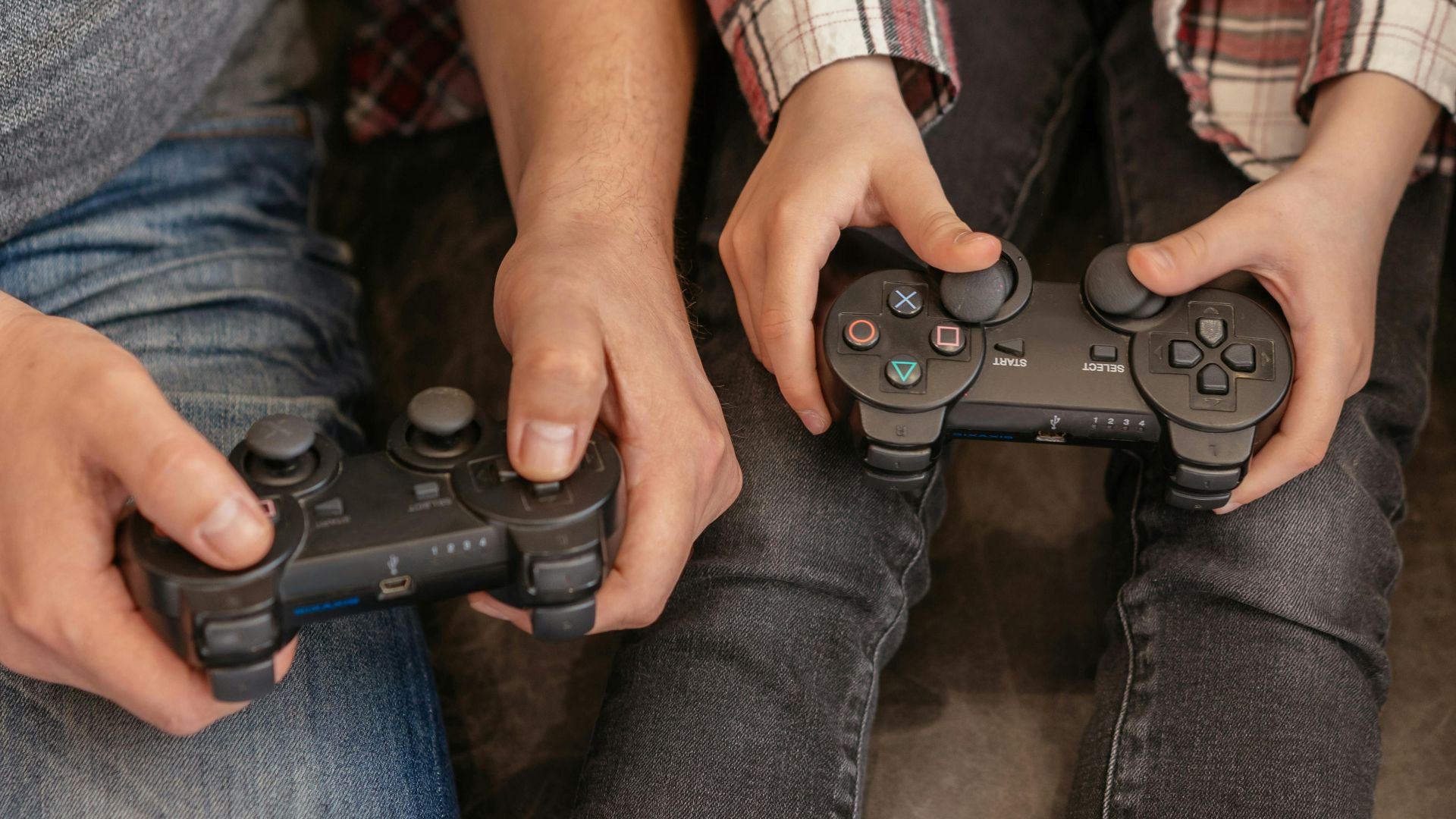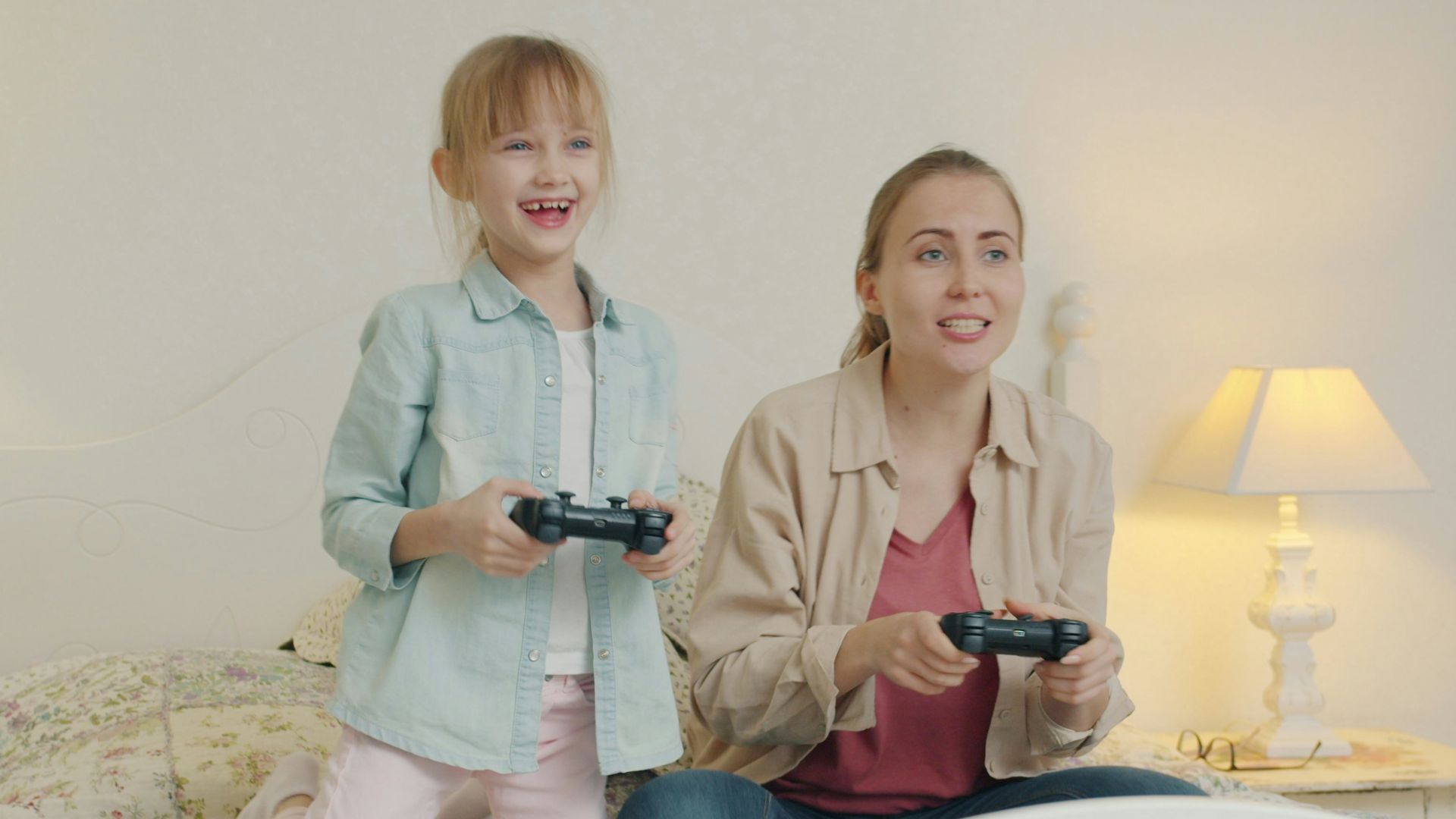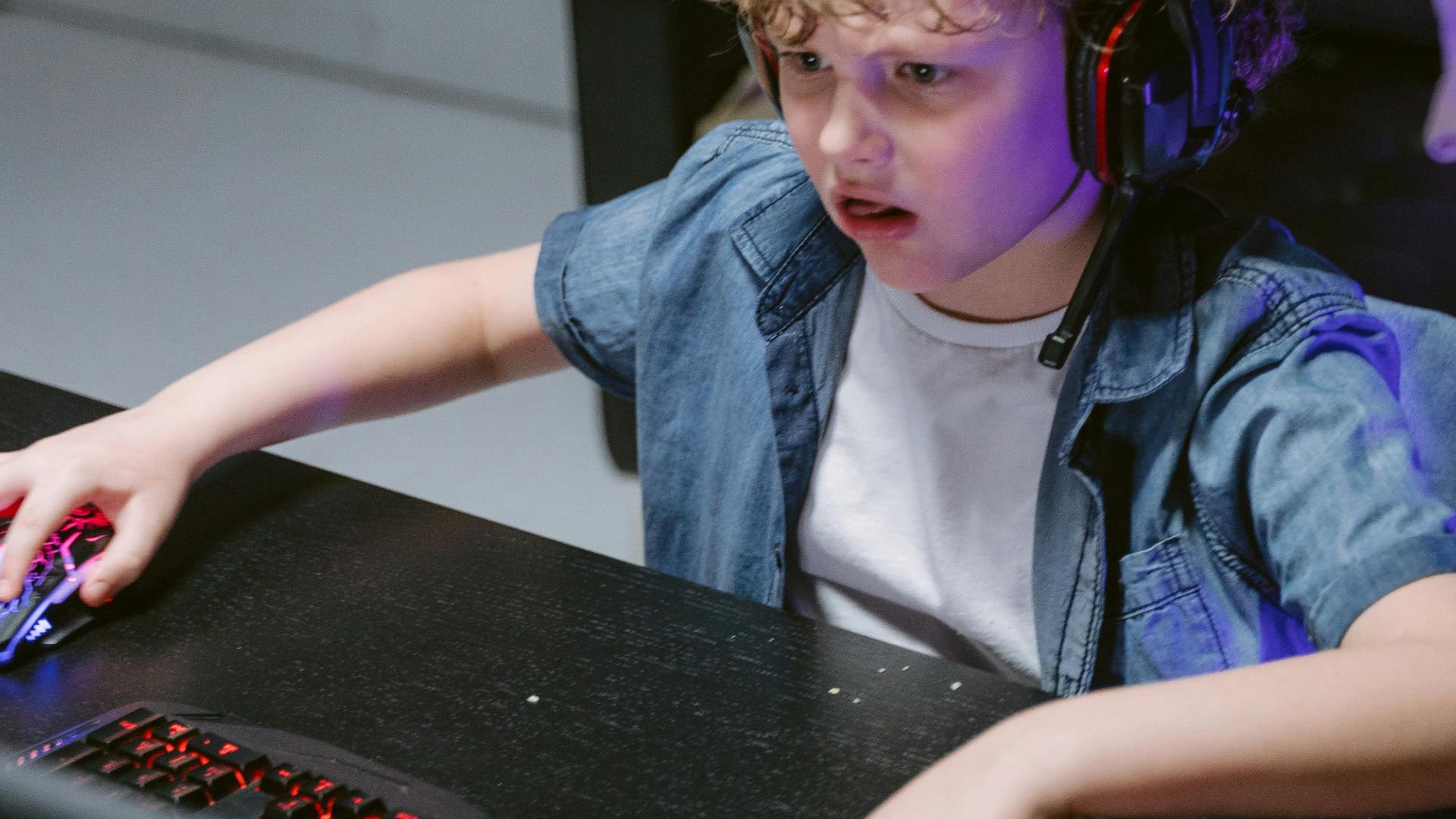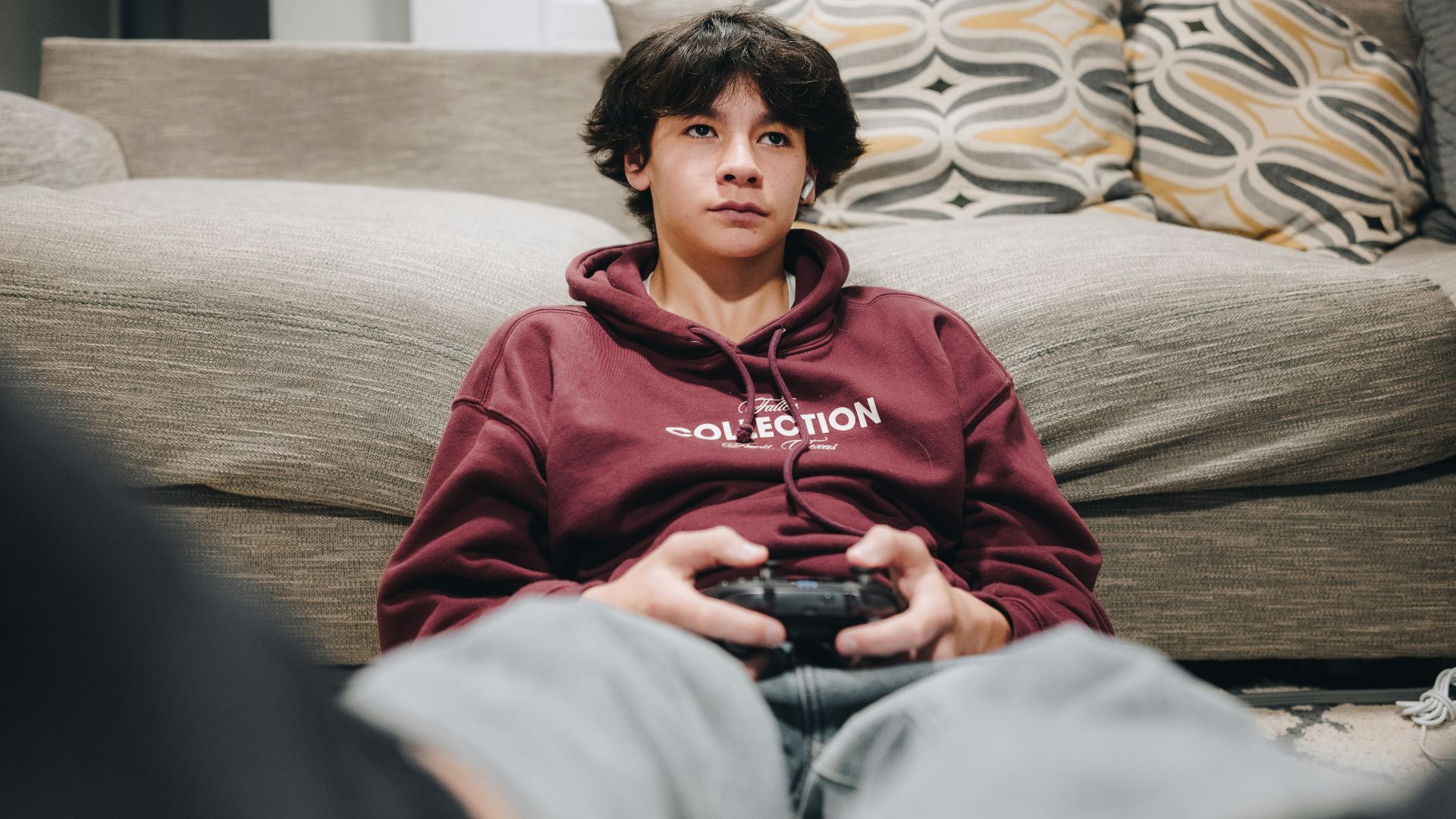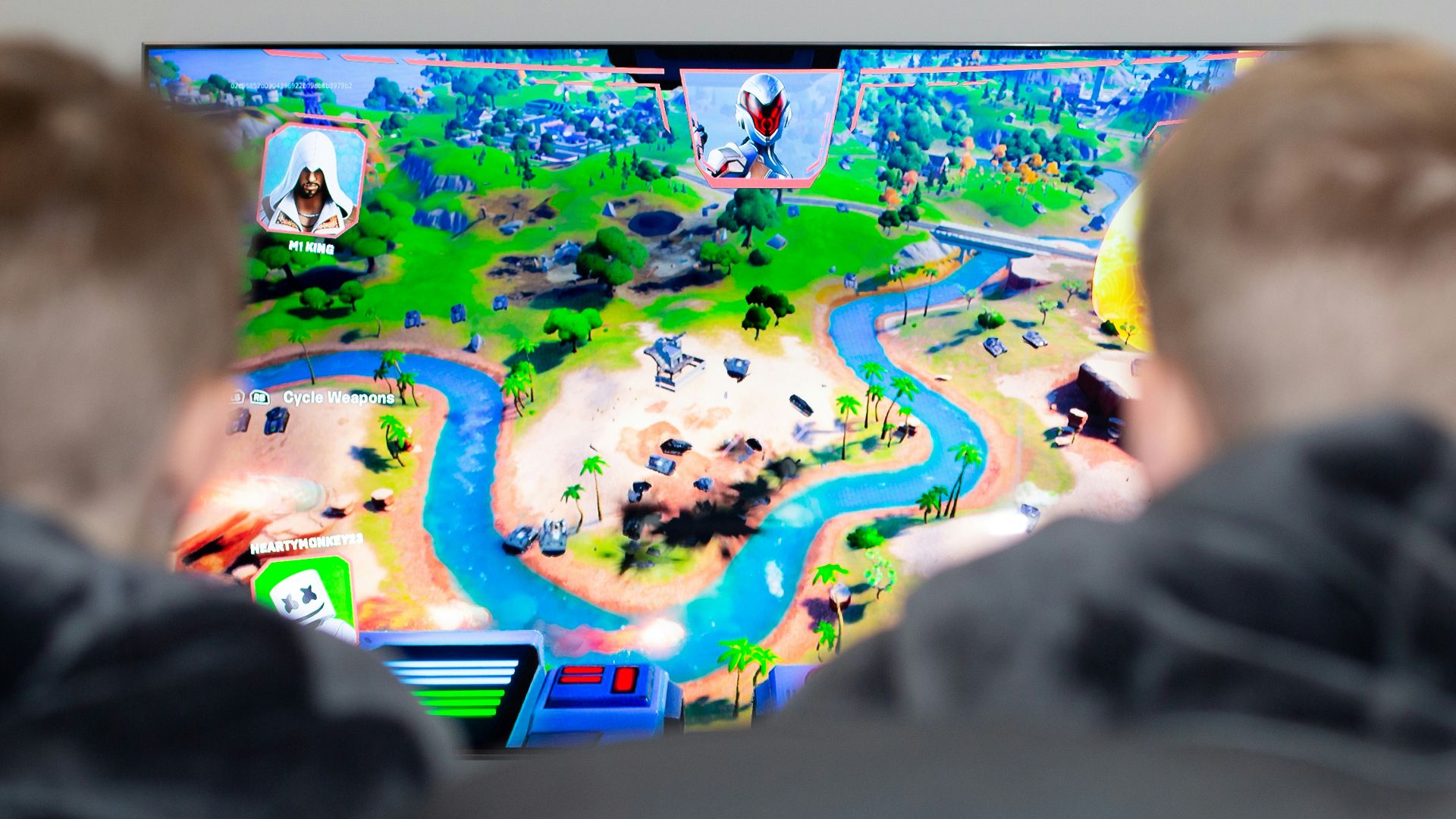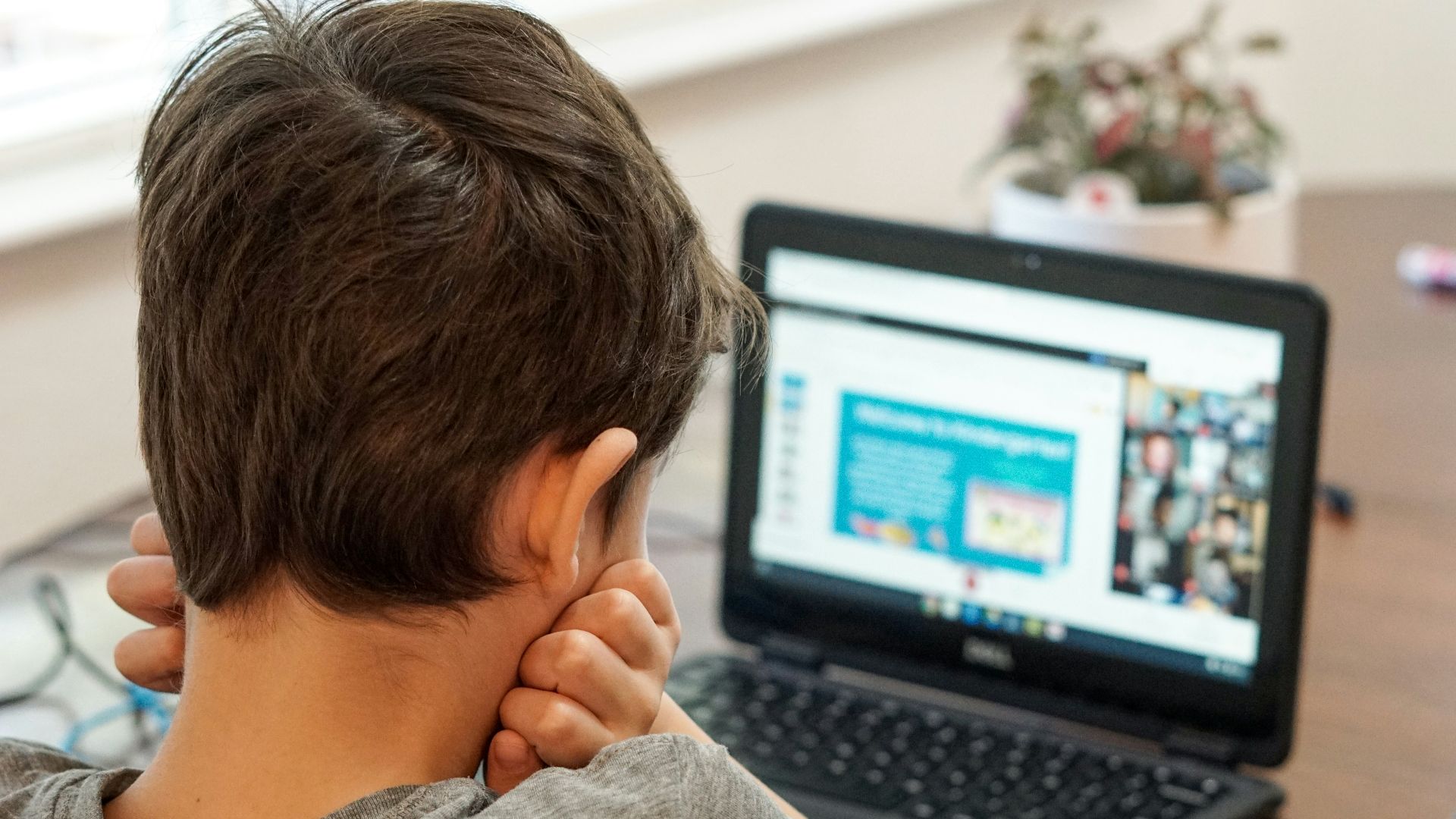Online Gaming Isn’t For Kids Who Can’t Handle Losing
Online multiplayer games boomed in popularity for kids several years ago, thanks to Fortnite and others. While there are a lot of benefits for kids, like expanding their social circles and learning teamwork, there is a downside that parents need to consider. Here are 20 signs that your kids shouldn’t play video games online.
1. They Can’t Control Their Anger
Kids who can’t control their anger or frequently lash out aren’t ready to play video games online. Online play will only amplify their inability to manage their anger. Teach your kid sportsmanship before signing them up to play online.
2. They’re Influenced by Strangers
Online gaming includes chatting or interacting with strangers. If your kid is prone to blindly following others or can’t distinguish safe advice from harmful advice, or is too vulnerable to manipulation, then these games can put them at risk.
3. They’re Too Young to Understand Online Safety
Your kid should only be allowed to play video games online if they have a thorough understanding of cyber safety. They need to understand that they shouldn’t share personal information under any circumstances, and that not every player is honest.
4. Their Screen Time is Already Excessive
If your kid is already spending a lot of their time, including their free time, playing online games or on social media, you don’t want to increase their screen time to include video games.
5. Their School Performance is Declining
If your kid’s academic performance is declining, then allowing them to play video games online will only make matters worse. Instead, use video games as a reward for improved marks, focus, and effort in school.
6. They Don’t Respect Rules
Online gaming requires players to be rule followers. Kids who want to play these games must follow the rules of the game and family agreements about behavior and time. If your child regularly ignores rules, online gaming can create more conflict.
7. They’re Obsessed with Winning
Healthy competition can be motivating and rewarding, but if your kid is consumed with winning or being the best, they are not ready for online gaming. Focusing too much on rankings and points could harm their mental health.
8. They Struggle with Online Etiquette
Kids who struggle with interacting respectfully with others online may find video game interactions to be even harder. If they resort to insults, withdraw, or can’t pick up on social cues, they need to wait to play until they are more mature.
9. They’re Secretive
If your kid tends to hide what they’re doing online or closes their screen quickly, then you should treat this secrecy as a red flag. Online gaming requires trust and open communication between parents and children, and kids should be banned from participating until trust is established.
10. They Have Trouble Sleeping
Online gaming isn’t great for kids who have trouble sleeping or don’t like to sleep. Many online games occur in real time, and late-night playing is encouraged, both of which are recipes for disaster for kids who are bad sleepers. If you opt to let them play, you need to impose strict time limits and don’t waver.
11. They’re Easily Distracted
If your kid struggles to focus on their chores or homework, online gaming will further divide their attention. The constant action, messaging, notification, and rewards can make focusing issues much worse. Instead, work with them to improve their focus using online gaming as a reward for their improvement.
12. They React Poorly to Feedback
Accepting feedback that isn’t always constructive is part of online gaming. Some online spaces involve harsh criticism, teasing, or even a bit of trash talk. If your kid is sensitive or takes comments too personally, they will struggle with this aspect. Online gaming can harm a young person’s confidence, so proceed with caution.
13. They Already Display Addictive Traits
If your child obsesses over gaming when they aren’t playing or talks about it nonstop, they might be revealing an addictive personality. Online play will make any addictive tendency much worse, and the nature of gaming will allow their addiction to grow.
14. They Can’t Follow Time Limits
If you allow your kid to play online games, you should impose strict time limits. If they constantly push back against screen-time rules, sneak in extra playing time, or it’s always a fight when it’s time to stop, then they should be barred from online games until these issues are resolved.
15. They’re Younger Than Other Players
If your kid is significantly younger than most of the online gaming community, the maturity gap can pose problems that are best avoided. Exposure to older players can increase the odds of hearing inappropriate language or experiencing bullying.
16. They are Anxious
Anxious kids should wait to play online video games. Things like losing streaks, team conflicts, or being left out can create even more anxiety and lead to mental health problems.
17. They Don’t Handle Peer Pressure Well
Online gaming can involve a lot of peer pressure to spend money on upgrades, play at late or inconvenient hours, or behave in undesirable ways. If your kid has proven not to handle peer pressure maturely, then you will put them at risk if you let them play online games.
18. They Don’t Get Enough Physical Activity
You shouldn’t let your kid play video games if they are already not getting enough physical activity or outdoor time. A sedentary lifestyle can have severe health consequences.
19. They’ve Already Experienced Cyberbullying
If your child has been targeted by bullies on social media or messaging apps, online gaming could expose them to more of the same. Gaming platforms often lack moderation, so it’s best to keep them away from them until they’re older.
20. They Prioritize Virtual Accomplishments Over Real Ones
It’s a big red flag if your kid places more value on unlocking a reward in a game or passing a level than on real-world accomplishments like good grades or experiencing something new. Digital recognition should never feel more rewarding than personal milestones.


